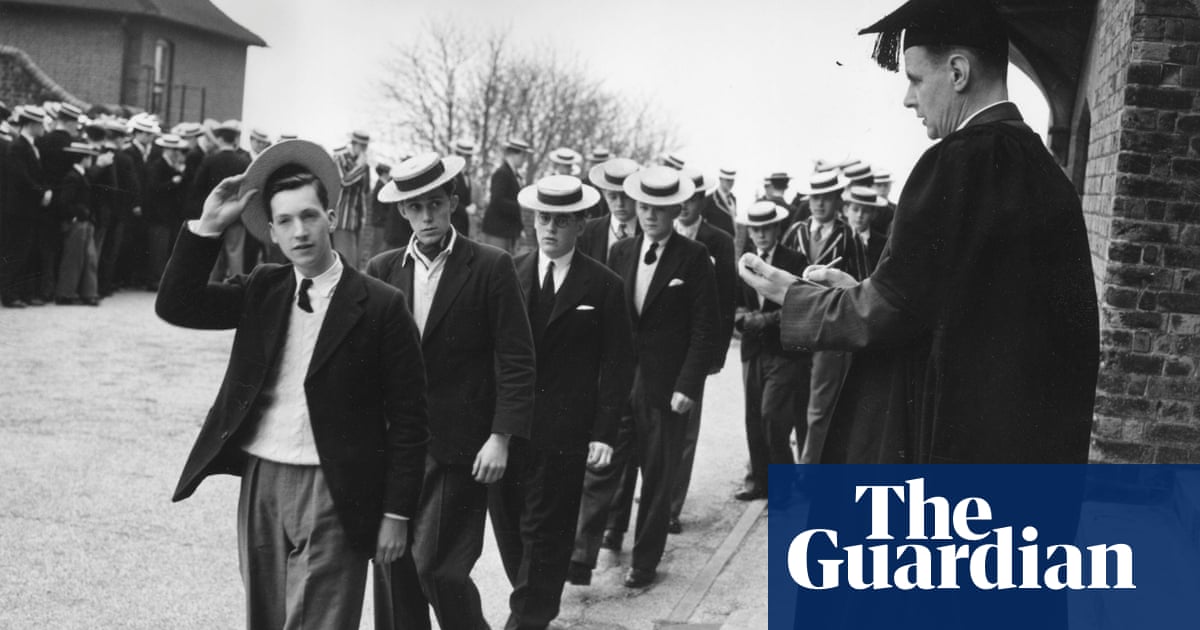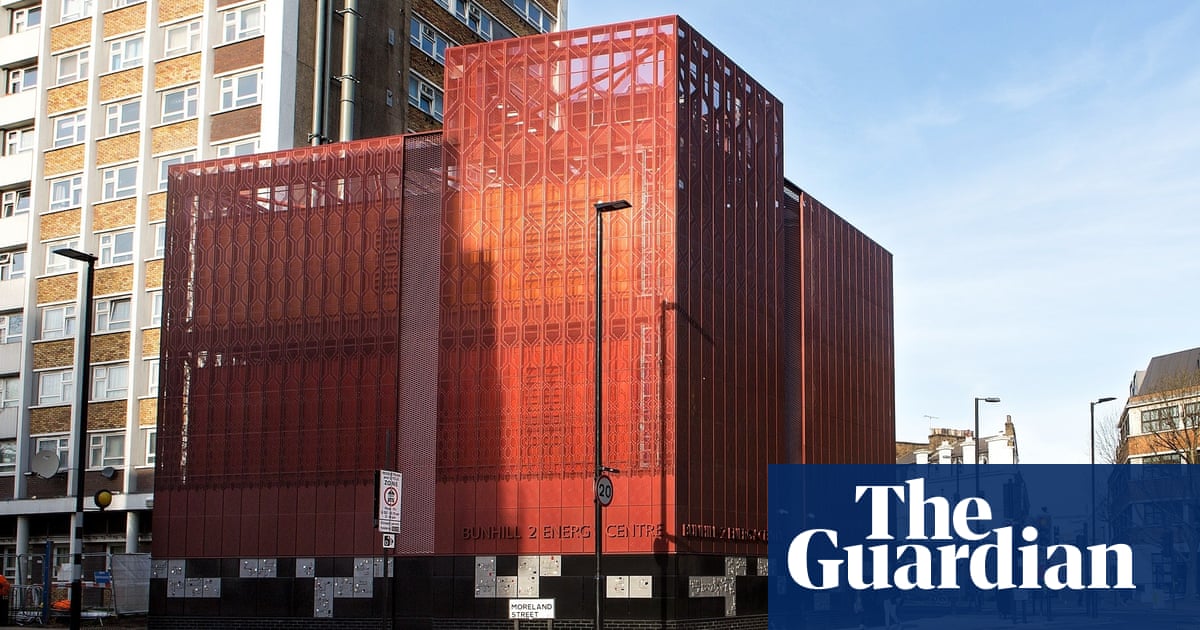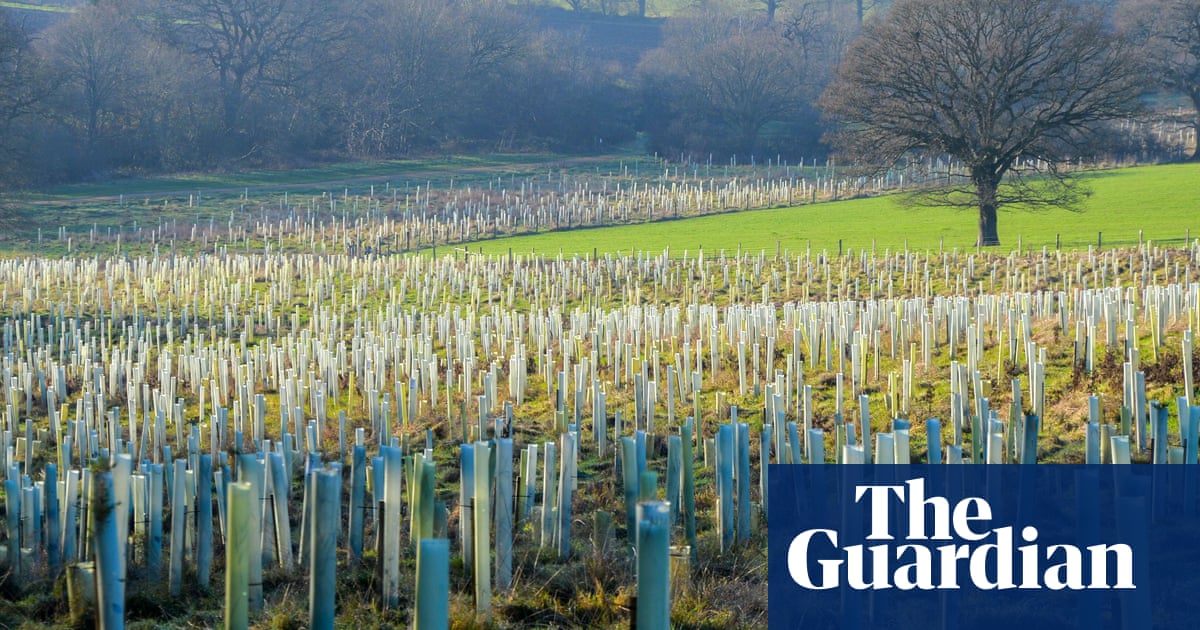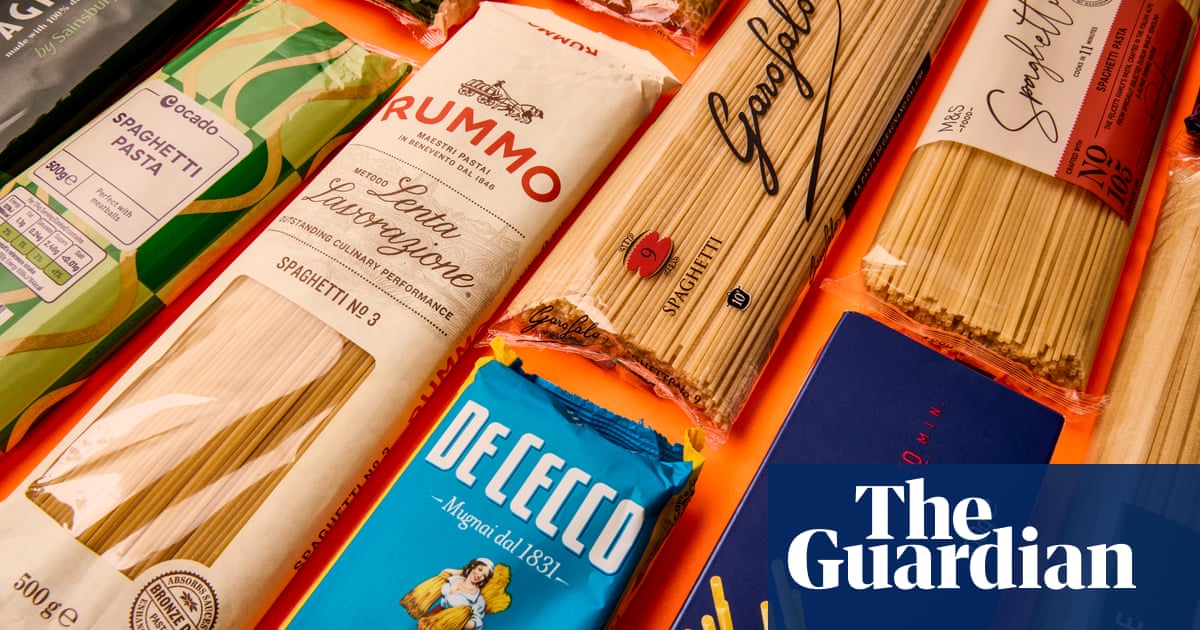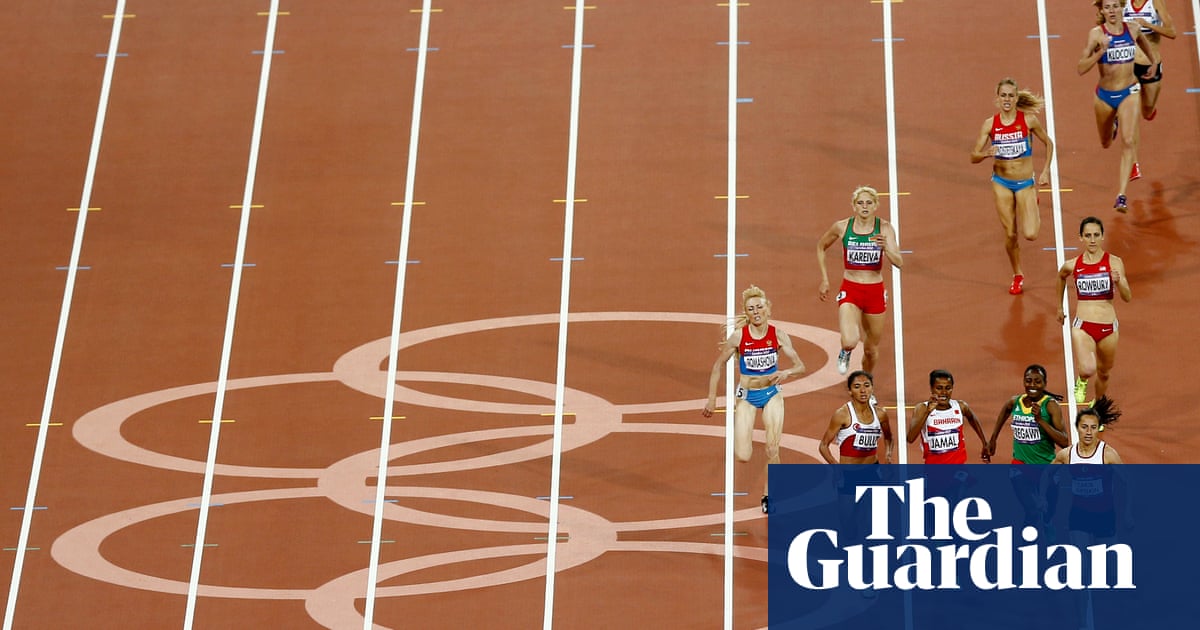There was no disputing the most iconic rugby image of the weekend. Maro Itoje hoisting the Calcutta Cup might normally have secured the crown but did you see that magnificent picture of Bundee Aki in Cardiff, complete with heroically battered nose and blood-stained Ireland shirt? As the BBC commentator Andrew Cotter wryly observed: “Bundee Aki looks like he’s about to wrestle the whole of Cardiff … and I would back him.”
As warrior portraits go it was up there with some of rugby’s all‑time greats: a blood-soaked Jean-Pierre Rives, a mud-plastered Fran Cotton, a truly terrifying Sébastian Chabal. Test rugby is a game of light and shade and, for all its shafts of beauty, the sport also has its fearsome competitors. The internet loved it, not least the ArtButMakeItSports account on X which drew a brilliant parallel between the striking Aki picture and the work of the late American painter Cy Twombly.
There are still some naysayers, sadly, who respond less well to the sight of the Auckland-born Aki in an Irish shirt, regardless of his contribution. Never mind that he has made his home in Connacht, been based there for more than a decade, won 63 caps for Ireland and represented the British & Irish Lions. In the eyes of those who would like rugby to introduce stricter border controls, his eligibility for Ireland is nothing to celebrate.
The whole debate about “project players” and tenuous grandparent qualifications seems to be bubbling up again. With Aki, James Lowe and Jamison Gibson-Park, all originally from New Zealand, helping Ireland to move towards what could be a third successive Six Nations title, it is easy to understand a degree of jealousy in certain quarters. Which, among other things, overlooks the fact that no regulations have been broken and ignores the positive effect their years in Ireland have clearly had on their rugby development.
The counter-argument is much harsher: they are basically “mercenaries” qualified on “artificial” grounds who allow certain nations to “punch above their true rugby weight”. Such stark language features in a detailed plea submitted recently to World Rugby by Anthony Abrahams, an ex‑Australia international lock and a former lawyer with a distinguished CV. He was once among seven Wallabies who protested against facing South Africa during the apartheid era and is now calling on the game’s governing body to revisit what he sees as the “fiction” of eligibility.
While the required Test residency period is now five years rather than three, Abrahams says certain nations are simply scouting southern hemisphere talent at a younger age. He also dislikes the mechanism under which players who have not played for their original country for three years can instantly become eligible for a second nation on ancestral grounds, with Scotland’s former Wallaby forward Jack Dempsey among the beneficiaries.

Abrahams, who lived and worked in Paris for many years, does not pull his punches. “In their zeal to stack their teams, the main northern offenders have entirely lost sight of what a ‘national’ team means,” he writes. “Nationality is not a Scottish or Irish scout, waving a cheque in front of a southern player’s face and promising an El Dorado to entice him to change countries.”
Most pertinent of all, perhaps, is his contention that qualification by residency based purely on signing for a professional club in, say, Britain, Ireland, France or Japan unfairly tilts rugby’s global playing field. He is not wrong to suggest the world’s best-paying leagues remain economic magnets for southern hemisphere talent, thus giving the countries in which the big leagues are based an advantage. He also wonders aloud why the “capture” of Test-level players reared in a different hemisphere does not involve a transfer fee, payable to the union or club where they spent their formative years.
But hang on. What about someone like Sione Tuipulotu, qualified for Scotland via a distant Greenock-born granny? Few are prouder than Tuipulotu when he pulls on a dark blue jersey and his connection to the cause has been so impressive that, before his untimely injury, he was the national team’s popular captain. The qualification maze might seem unsatisfactory to some but often it comes down to personal preference. Michael Lynagh was a distinguished Wallaby and his English-raised sons Louis and Tom have now opted to play for Italy and Australia respectively. Good luck to them all.
And while on the subject, here’s another little example from closer to home. My wife’s late mother was born in the old East Germany and came to England as a young girl on the Kindertransport, escaping the tragic fate of her parents who died in Auschwitz. She was taken in by a vicar’s family from Dorset; and she and her Czech-born husband settled in the West Country and had children of their own. Decades later her grandchildren are now technically eligible for England, Germany or the Czech Republic. Is anyone really arguing, in 2025, that it would be wrong if one of them played for Germany in her honour?
Shifting demographics around the world are going to complicate further this reliably emotive debate. For a frontline opinion with genuine resonance let’s also rewind to an interview the aforementioned Aki gave to ITV Sport last year. What one word, he was asked, best sums up his relationship with Ireland, where he now has formal citizenship. “I would say ‘love’,” came the softly spoken reply. “I love playing for Ireland, I love the people in Ireland. They’ve given me nothing but love … it means a lot.”
The great man will be 35 in April and won’t be wearing a bloodied Irish Test jersey too many more times. But the wider question still stands: should people be defined ultimately by where they were born and raised or by the sincerity of their commitment to their homeland, adopted or otherwise? You don’t have to be born in, say, Galway to be super proud to answer Ireland’s call.
-
This is an extract taken from our weekly rugby union email, the Breakdown. To sign up, just visit this page and follow the instructions.

.png) 1 month ago
20
1 month ago
20



